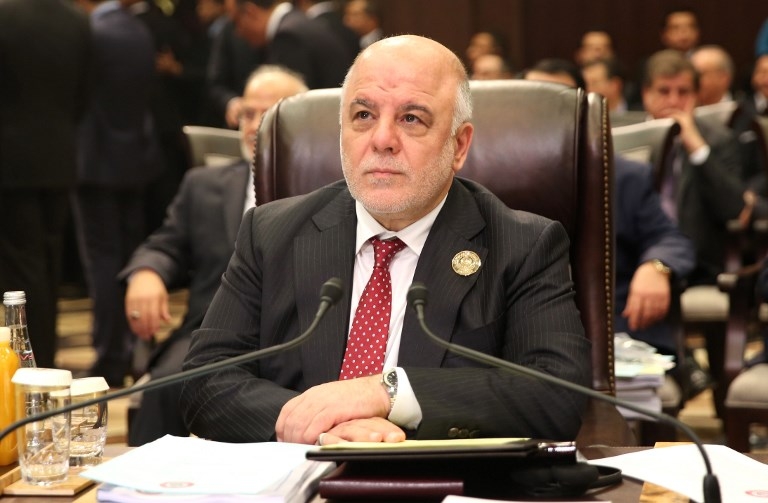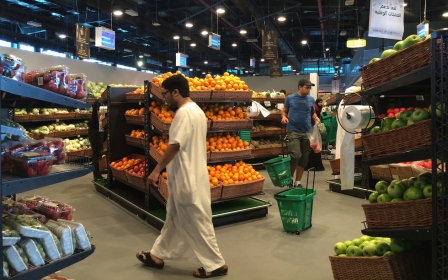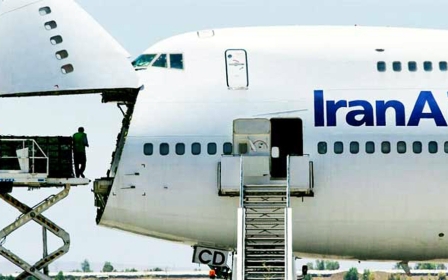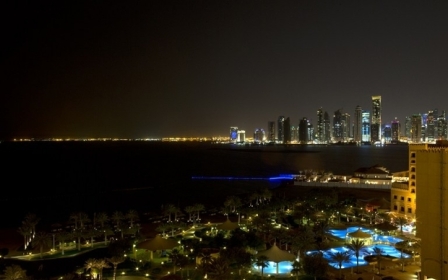Qatari ransom for kidnapped royals remains unspent, says Iraq

Iraq still has hundreds of millions of dollars sent by Qatar to secure the release in April of members of the Qatari ruling family abducted in 2015, Iraq's prime minister said on Sunday.
Press reports had suggested some of the money had ended up in Iran, angering Saudi Arabia and the other Gulf Arab neighbours of Qatar and contributing to their decision to sever ties with Doha.
However, Iraqi Prime Minister Haider al-Abadi said in comments broadcast on state TV on Sunday that the money was in the central bank in Baghdad, pending a decision on what to do with it.
"Not one dollar, or euro spent; they are still in their crates, supervised by a committee, and two representatives of the Qatari government came to check when they were deposited under the trusteeship of the central bank," he said.
The decision on how to dispose of the money "has a political aspect and has a legal aspect, it will be taken in conformity with Iraqi law," he said, without elaborating.
The prime minister said in April authorities had seized suitcases containing hundreds of millions of dollars on a private Qatari jet that landed in Baghdad. He suggested the funds were part of a deal to free the Qatari hostages without Baghdad's approval.
The 26 hostages, including members of Qatar's ruling royal family, were abducted during a hunting trip in southern Iraq in 2015.
Very little information had surfaced since their kidnapping as to their whereabouts or condition.
But in April, a person briefed on the rescue operation had confirmed to Middle East Eye that a Qatari plane was in Baghdad airport on 14 April awaiting completion of the deal.
Members of the Qatari royal family had been used as leverage to end sieges on pro-Syrian government villages.
The source said the hostages were a "fundamental part of the swap deal", revealing that Qatari involvement in the talks was not, as previously claimed, for "purely humanitarian reasons".
No one claimed responsibility for the abductions, which took place near a Saudi border area dominated by Shia militias close to Iran.
New MEE newsletter: Jerusalem Dispatch
Sign up to get the latest insights and analysis on Israel-Palestine, alongside Turkey Unpacked and other MEE newsletters
Middle East Eye delivers independent and unrivalled coverage and analysis of the Middle East, North Africa and beyond. To learn more about republishing this content and the associated fees, please fill out this form. More about MEE can be found here.




